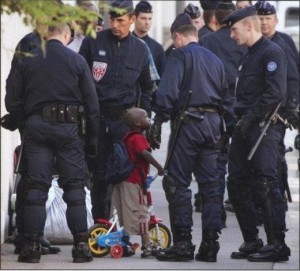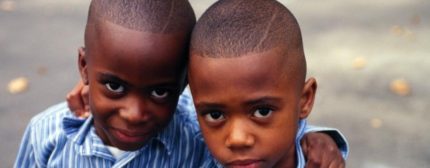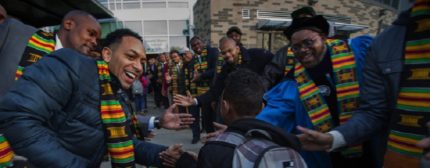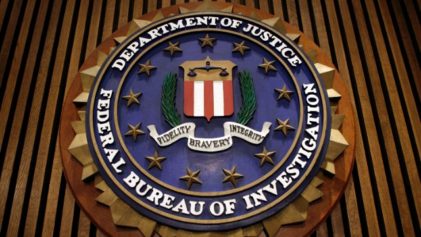
“Children in most societies are considered to be in a distinct group with characteristics such as innocence and the need for protection. Our research found that Black boys can be seen as responsible for their actions at an age when white boys still benefit from the assumption that children are essentially innocent,” said author Phillip Atiba Goff, PhD, of the University of California, Los Angeles. The study was published online in APA’s Journal of Personality and Social Psychology.
Researchers tested 176 police officers, mostly white males, average age 37, in large urban areas, to determine their levels of two distinct types of bias — prejudice and unconscious dehumanization of Black people by comparing them to apes. To test for prejudice, researchers had officers complete a widely used psychological questionnaire with statements such as “It is likely that Blacks will bring violence to neighborhoods when they move in.” To determine officers’ dehumanization of Blacks, the researchers gave them a psychological task in which they paired Blacks and whites with large cats, such as lions, or with apes. Researchers reviewed police officers’ personnel records to determine use of force while on duty and found that those who dehumanized Blacks were more likely to have used force against a Black child in custody than officers who did not dehumanize Blacks. The study described use of force as takedown or wrist lock; kicking or punching; striking with a blunt object; using a police dog, restraints or hobbling; or using tear gas, electric shock or killing. Only dehumanization and not police officers’ prejudice against Blacks — conscious or not — was linked to violent encounters with Black children in custody, according to the study.
The authors noted that police officers’ unconscious dehumanization of Blacks could have been the result of negative interactions with Black children, rather than the cause of using force with Black children. “We found evidence that overestimating age and culpability based on racial differences was linked to dehumanizing stereotypes, but future research should try to clarify the relationship between dehumanization and racial disparities in police use of force,” Goff said.
Read the full report at apa.org.


